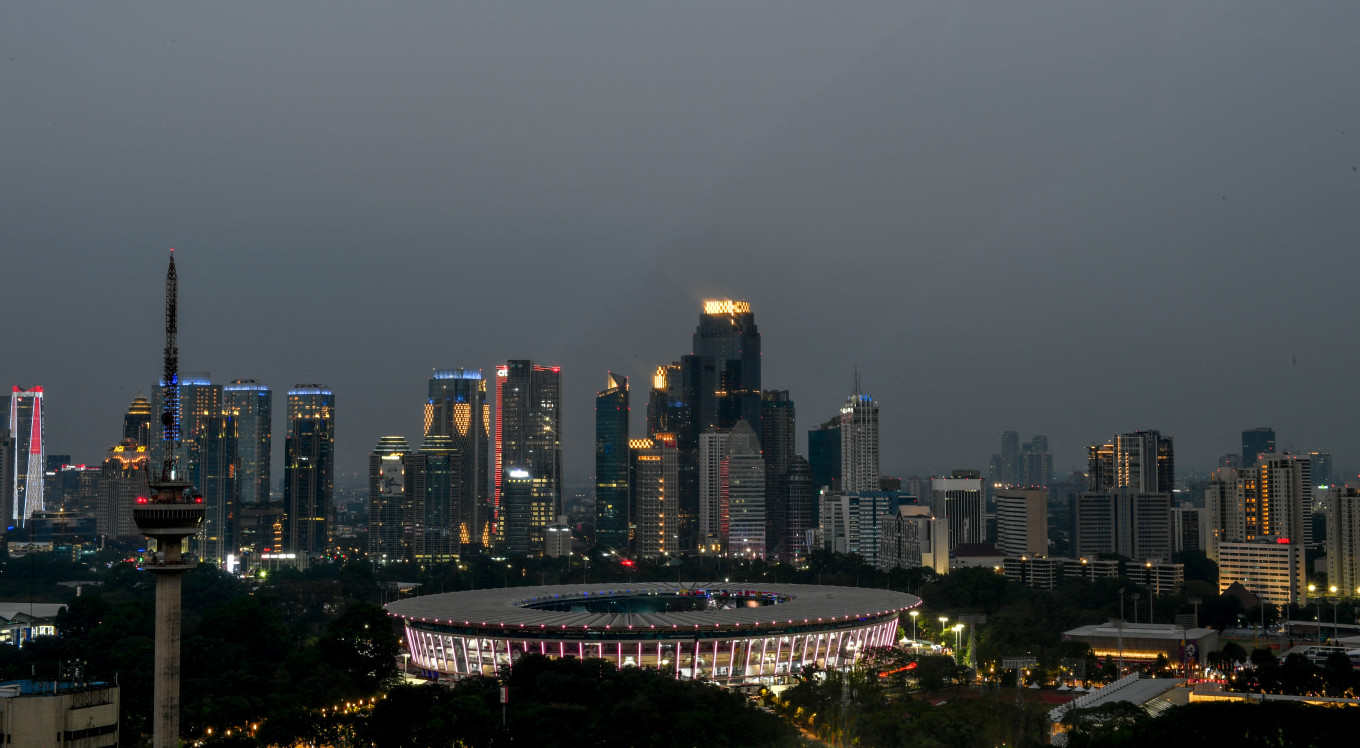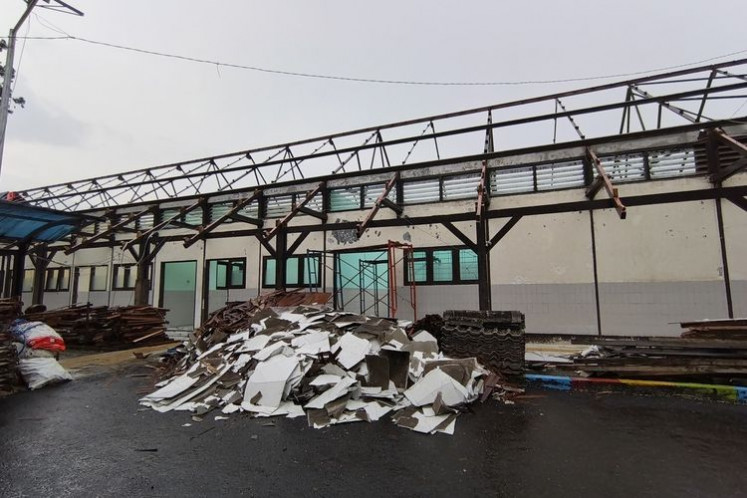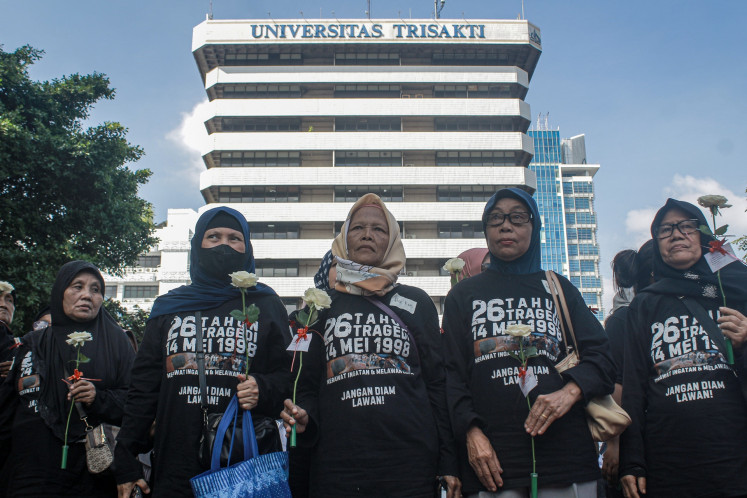Business-building can cushion recession risk: McKinsey
A possible global recession may impact the rate of business expansion for new ventures in Indonesia, global consulting firm Mckinsey & Company finds in its latest study.
Change text size
Gift Premium Articles
to Anyone

A
possible global recession may impact the rate of business expansion for new ventures in Indonesia, global consulting firm McKinsey & Company finds in its latest study.
In a virtual press briefing on Thursday, the firm’s consultants mentioned that recession would constrain businesses' pool of resources for investment, which means that the amount of capital injections could go down.
“The reality is it [recession] will [impact],” McKinsey Asia senior partner and leader of Leap, Nimal Manuel, told reporters.
To mitigate this issue, Manuel added, companies are beginning to conduct tandem policies of efficiency on core business while also building new ventures using the resources saved from the efficiency.
Speaking at the same event, McKinsey Southeast Asia partner and Leap leader Vivek Lath said that, as companies are constrained in investing their capital, the recession creates a “fire in many other companies” about the need to refrain themselves from dependency on a single business model.
As a result, Lath said that while firms are constrained in resources, they would launch new business models to diversify their risk.
“Hence, they might launch initiative [to establish new ventures], but the pace at which they can deploy the resources might get more affected,” Lath continued.
New business building is a term that McKinsey uses to describe incumbent businesses' effort to create “serial interdependent yet autonomous” new business entities as a means to spur high growth.
According to a Leap by McKinsey study released on Thursday, 76 percent of business leaders in Southeast Asia report new-business building as their “top-five” strategic priority, despite recent global economic turbulence.
Read also: /amp/business/2022/12/02/indonesian-banks-reap-geographic-benefits-study-finds.html" target="_blank">Indonesian banks reap geographic benefits, study finds
Nevertheless, both consultants are still optimistic on the prospect of new business building in Indonesia, with Lath calling Indonesia “a land of opportunity.”
He mentioned that Indonesia had a huge consumer base and minerals that were a viable market for developing a sustainability business, such as through the Network of Business Sustainability (NBS) assistance.
Indonesia has incumbent businesses, which are mostly seen as “traditional,” with players in the mobility sectors developing new ventures in renewable energy, while others are focused on developing ventures in digital business.
“We are seeing business building in Indonesia actually taking quite a lead and many corporations are launching [initiatives],” Lath added.
Meanwhile, Manuel stated that currently more than 40 percent of McKinsey’s work on new business building in the ASEAN region is located in Indonesia, with clients ranging from family conglomerates, smaller private organizations and state-owned enterprises.
“This is a huge amount of pent-up demand for this [project],” Manuel added.









